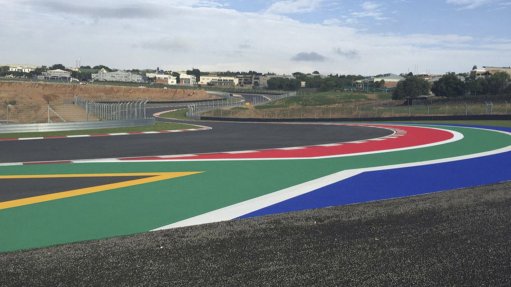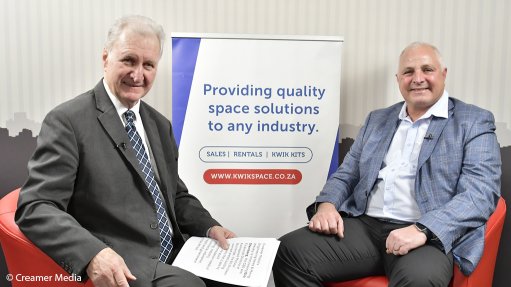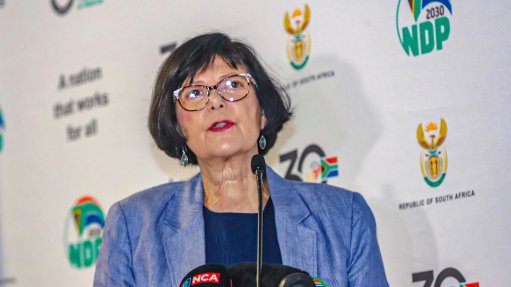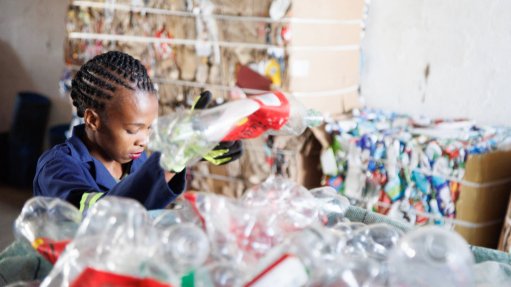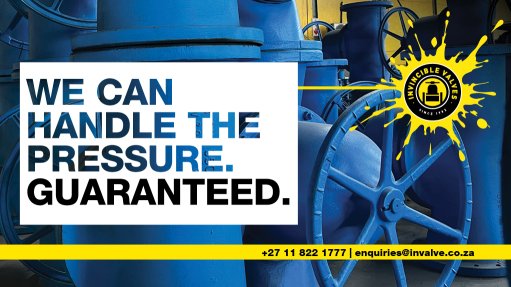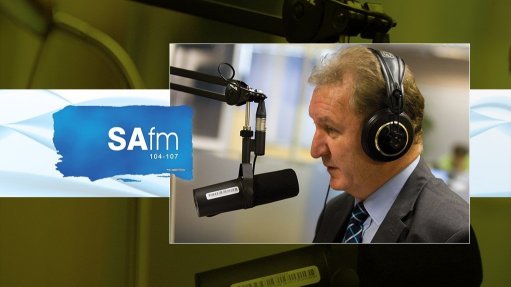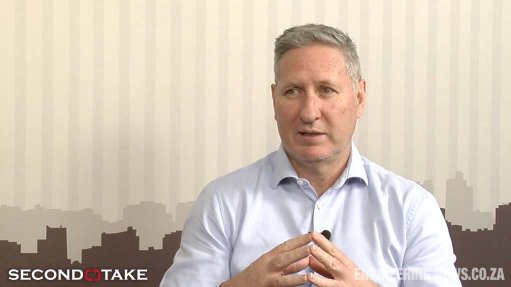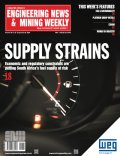Women graduate Tjeka plumbing course with flying colours
This article has been supplied and will be available for a limited time only on this website.
A total of 36 women completed Tjeka Training Matters’ (Tjeka) high-impact Construction Education and Training Authority-registered three-month plumbing skills programme with flying colours in August, which is also a month that to the nation celebrates the immense contribution made by women to South African society and its economy.
The women accepted their certificates and toolboxes equipped with essential plumbing tools and materials at a graduation ceremony hosted at Aureus, Tjeka’s state-of-the-art training facility in Randfontein where the training was facilitated.
Funded by the National Home Builders Registration Council (NHBRC), the course is designed to transfer essential basic plumbing skills, which also serve as a foundation for further learning in the field. Another NHBRC-funded high-impact short course in plumbing is currently being facilitated by Tjeka at various locations in the Western Cape.
Earlier this year, Tjeka trained a group of 37 unemployed youth on a three-month CETA-registered skills programme in bricklaying on behalf of the council in Sebokeng. The private Technical Vocational Education and Training (TVET) college is preparing to provide similar training to more youth not in education, employment or training later this year, based on the quality of building trades training that it has provided to the NHBRC, to date.
Over the past three months, the women learnt how to install, maintain and repair sanitaryware appliances.
They also learnt how to install, maintain and test below-ground drainage systems, complemented by basic business training.
A total of 25 days were set aside for practical training to ensure that the learners could apply their newfound theoretical knowledge. Aureus is fully equipped with plumbing
consumables, tools and equipment and provides an environment in which real-world plumbing applications can be simulated, so that learners exit the programme “work ready.”
“As owners of small businesses, these women entered the programme motivated and determined to either formalise their previous experience offering plumbing services or to learn a completely new proficiency that they can also sell to the building industry,” Frans Toua, Tjeka’s Chief-Executive Officer, said at the graduation ceremony.
“Running your own business requires a lot of discipline, which these ladies demonstrated throughout the three months, balancing their responsibilities as entrepreneurs, learners and, for many, parenthood. That is not easy, and a challenge most women face in the workplace, irrespective of the industry in which they work.”
Rasheed White, who facilitated the training, congratulated the group of learners, noting that Tjeka had played a leading role in equipping women with the skills that they need to pursue a career as plumbers over the years.
“We need more individuals like you to step forward because the industry is still very under-represented by women,” he said.
“While you may have only learnt the basics and still have a lot to learn, you’re ready to make a real impact in the building industry with the wealth of knowledge that you’ve already acquired. Therefore, I hope to see many of you again when you decide to further your education in a very exciting field.”
The learners expressed their gratitude to the NHBRC and Tjeka, noting that the training had piqued their interest in eventually becoming qualified plumbers.
NHBRC’s Nwabisa Mgxabhayi, who oversaw the training, was shown the premises and examples of the learners’ workmanship, which was used to evaluate their competencies and
skills. She noted that she was impressed with the professional service that the private TVET had delivered to the NHBRC thus far.
Toua says, “Under representation by women in the plumbing industry is a global problem, with women making up less than 1,5% of all plumbers worldwide. Attracting more women to the industry is key to transformation but, just as importantly, will help to address the severe shortage of qualified plumbers in the country. It is a profession that also empowers women by offering job security and competitive pay, while they apply critical problem-solving skills in practical, hands-on ways.”
Comments
Press Office
Announcements
What's On
Subscribe to improve your user experience...
Option 1 (equivalent of R125 a month):
Receive a weekly copy of Creamer Media's Engineering News & Mining Weekly magazine
(print copy for those in South Africa and e-magazine for those outside of South Africa)
Receive daily email newsletters
Access to full search results
Access archive of magazine back copies
Access to Projects in Progress
Access to ONE Research Report of your choice in PDF format
Option 2 (equivalent of R375 a month):
All benefits from Option 1
PLUS
Access to Creamer Media's Research Channel Africa for ALL Research Reports, in PDF format, on various industrial and mining sectors
including Electricity; Water; Energy Transition; Hydrogen; Roads, Rail and Ports; Coal; Gold; Platinum; Battery Metals; etc.
Already a subscriber?
Forgotten your password?
Receive weekly copy of Creamer Media's Engineering News & Mining Weekly magazine (print copy for those in South Africa and e-magazine for those outside of South Africa)
➕
Recieve daily email newsletters
➕
Access to full search results
➕
Access archive of magazine back copies
➕
Access to Projects in Progress
➕
Access to ONE Research Report of your choice in PDF format
RESEARCH CHANNEL AFRICA
R4500 (equivalent of R375 a month)
SUBSCRIBEAll benefits from Option 1
➕
Access to Creamer Media's Research Channel Africa for ALL Research Reports on various industrial and mining sectors, in PDF format, including on:
Electricity
➕
Water
➕
Energy Transition
➕
Hydrogen
➕
Roads, Rail and Ports
➕
Coal
➕
Gold
➕
Platinum
➕
Battery Metals
➕
etc.
Receive all benefits from Option 1 or Option 2 delivered to numerous people at your company
➕
Multiple User names and Passwords for simultaneous log-ins
➕
Intranet integration access to all in your organisation







